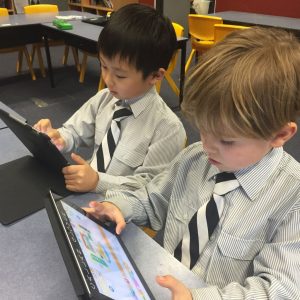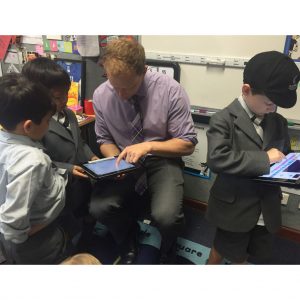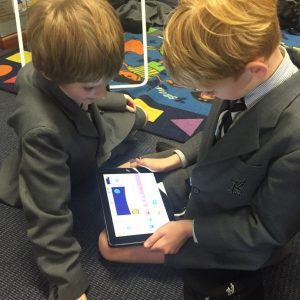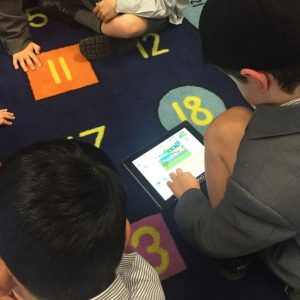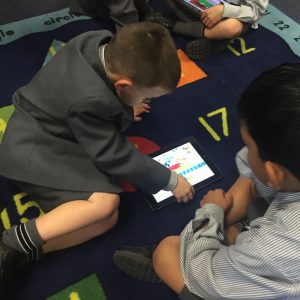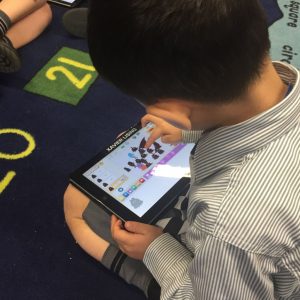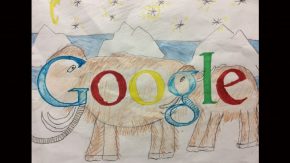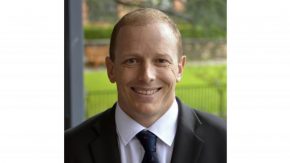Maker Movement
Over the past semester, we have started to explore the ‘Maker Movement’ in greater detail, with several staff attending workshops and participating in online professional development experiences. Whilst ‘making’ in the classroom is certainly nothing new, the Maker Movement harnesses creativity to develop solutions to an issue or problem through an authentic use of materials and technology.
The philosophy behind the ‘Maker Movement’ is strongly aligned with our constructivist approach (students making meaning out of their learning experiences) to learning and teaching and serves to enhance the PYP Program at Lindfield. You just need to watch Caine’s Arcade or Lion Lights to see the value behind encouraging students to be creative, curious and purposeful learners who take action and contribute positively to our world.
If you have any resources that may assist us in further developing this movement at school please don’t hesitate to send them into your class teacher.
Wise educators are always on the lookout for new pedagogies and materials that expand classroom-learning opportunities and amplify student potential. The global maker movement poses exciting opportunities to transform the classroom. The maker movement is a growing community of artists, scientists, craftspeople, amateurs, professionals, tinkerers, and engineers celebrating personal creativity, ingenuity, and empowerment.
Taken from http://innovationtoolbox.intel.com.au/
The shift to “making” represents the perfect storm of new technological materials, expanded opportunities, learning through firsthand experience, and the basic human impulse to create. It offers the potential to make classrooms more child-centered: relevant and more sensitive to each child’s remarkable capacity for intensity. Making is predicated on the desire that we all have to exert agency over our lives, to solve our own problems. It recognizes that knowledge is a consequence of experience, and it seeks to democratize access to a vast range of experience and expertise so that each child can engage in authentic problem solving.
Taken from http://www.scholastic.com/browse/article.jsp?id=3758336
We’ve also started several new clubs this term targeted towards promoting the maker movement within our school community. Our Junior Primary and Primary ‘Maker Spaces’ Clubs at lunchtime and our after school Coding Clubs have been received with great enthusiasm and high attendance.
In addition to this we continue to support interested boys in Years 3 to Years 6 with their participation in the Young ICT Explorers Competition which promotes the development of an innovative solution to an issue, through the use of ICT. This year, seven of our teams have made it through to the final judging event, which is an excellent achievement and we look forward to sharing their experience in our next edition.
Pascal Czerwenka



